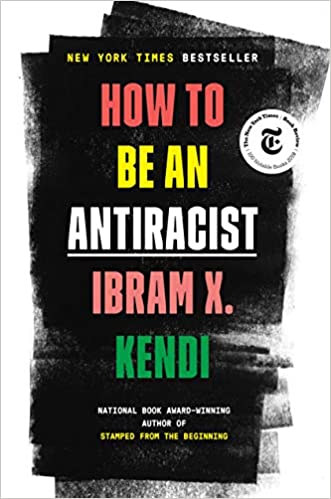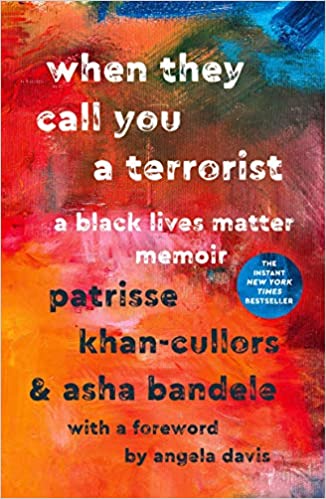How do we learn about social issues around us and grow in understanding how to support others in our community? Reading is an important part of that answer. Below are non-fiction books we recommend to read as we support the Black Lives Matters movement.
Adult Non-Fiction
From the National Book Award–winning author comes a bracingly original approach to understanding and uprooting racism and inequality in our society—and in ourselves. Ibram X. Kendi’s concept of antiracism reenergizes and reshapes the conversation about racial justice in America—but even more fundamentally, points us toward liberating new ways of thinking about ourselves and each other.
A memoir by the co-founder of the Black Lives Matter movement explains the movement’s position of love, humanity, and justice, challenging perspectives that have negatively labeled the movement’s activists while calling for essential political changes.
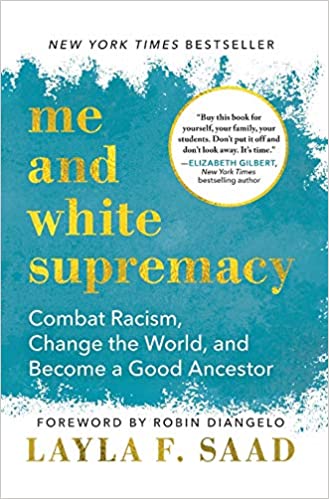
When Layla Saad began an Instagram challenge called #meandwhitesupremacy, she never predicted it would become a cultural movement. She encouraged people to own up and share their racist behaviors, big and small. Updated and expanded from the original edition, Me and White Supremacy teaches readers how to dismantle the privilege within themselves so that they can stop (often unconsciously) inflicting damage on people of color, and in turn, help other white people do better, too.
Teen Non-Fiction
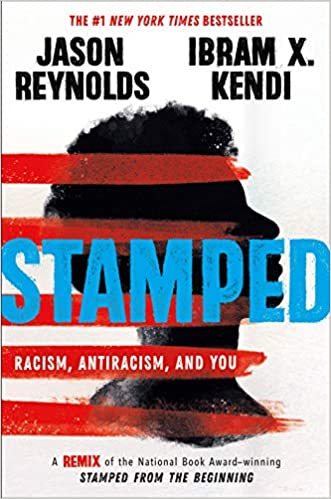
A history of racist and antiracist ideas in America, from their roots in Europe until today, adapted from the National Book Award winner Stamped from the Beginning.
Recommended for grades 7 – 12.
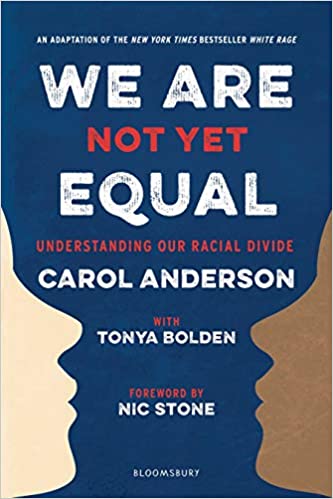
From the end of the Civil War to the tumultuous issues in America today, an acclaimed historian reframes the conversation about race, chronicling the powerful forces opposed to black progress in America.
Recommended for grades 9 – 12.
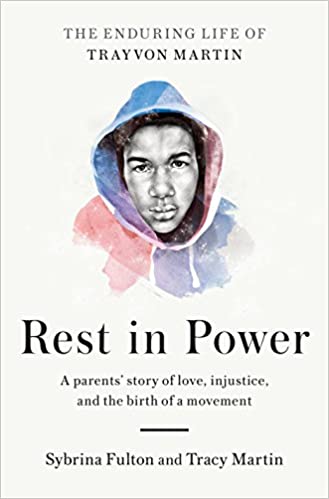
Sybrina Fulton and Tracy Martin, Trayvon Martin’s parents, chronicle their reactions to their son’s death as they recount the details of his final days, the trial of the man who killed him, and subsequent events. They build a loving portrait of their son as they relate the memories of family and friends.
Recommended for grades 7 -12.
Youth Non-Fiction
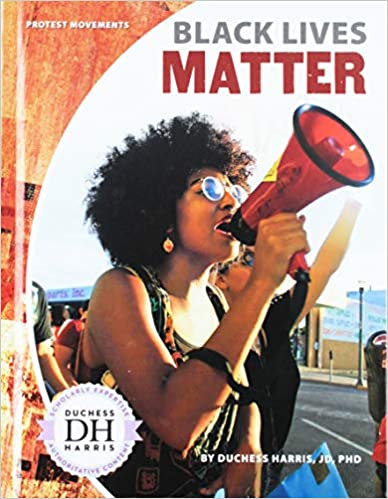
This book is intended to bring an overview of the Black Lives Matters Movement into the middle school classroom with content that aligns with Common Core Standards. With vivid images and text, this book gives a clear look into the beginning of the movement. This book is part of a series called “Protest Movements.”
Recommended for grades 4-8.
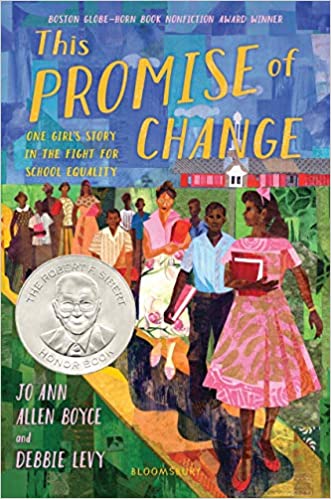
In 1956, one year before federal troops escorted the Little Rock 9 into Central High School, fourteen-year-old Jo Ann Allen was one of twelve African-American students who broke the color barrier and integrated Clinton High School in Tennessee. At first things went smoothly for the Clinton 12, but then outside agitators interfered, pitting the townspeople against one another.
Recommended for grades 4-8.
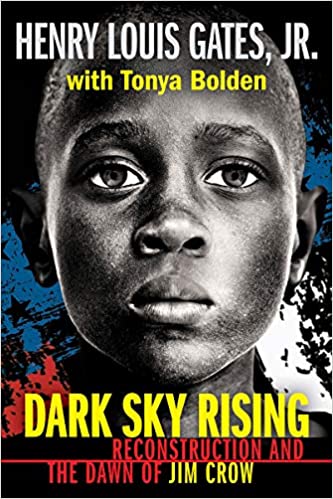
This is a story about America during and after Reconstruction, one of history’s most pivotal and misunderstood chapters. In a stirring account of emancipation, the struggle for citizenship and national reunion, and the advent of racial segregation, the renowned Harvard scholar delivers a book that is illuminating and timely. Real-life accounts drive the narrative, spanning the half century between the Civil War and Birth of a Nation. Here, you will come face-to-face with the people and events of Reconstruction’s noble democratic experiment, its tragic undermining, and the drawing of a new “color line” in the long Jim Crow era that followed. In introducing young readers to them, and to the resiliency of the African American people at times of progress and betrayal, Professor Gates shares a history that remains vitally relevant today.
Recommended for grades 7-12.
Children’s Non-Fiction
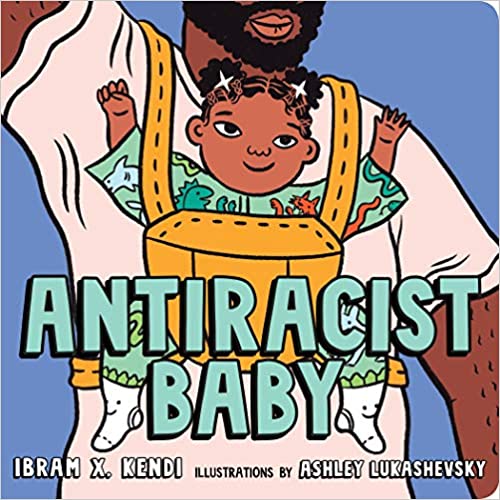
Illustrations and rhyming text present nine steps Antiracist Baby can take to improve equity, such as opening our eyes to all skin colors and celebrating all our differences.
Recommended for toddlers.
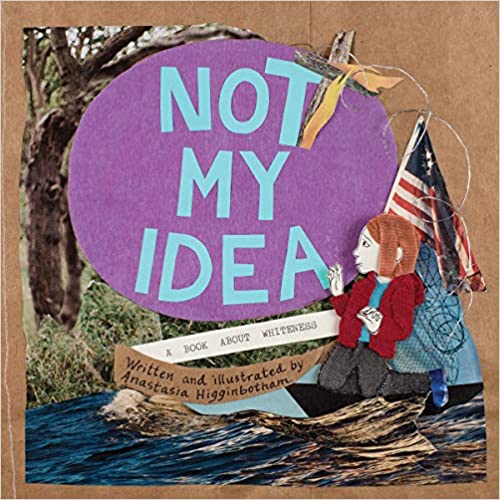
A white child sees a TV news report of a white police officer shooting and killing a black man. “In our family, we don’t see color,” his mother says, but he sees the colors plain enough. An afternoon in the library’s history stacks uncover the truth of white supremacy in America. Racism was not his idea and he refuses to defend it.
Recommended for grades 4-6.
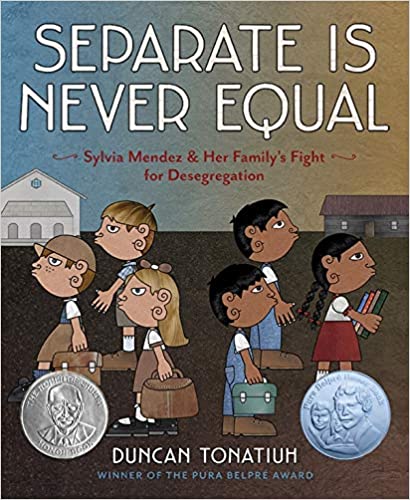
Years before the landmark U.S. Supreme Court ruling Brown v. Board of Education, Sylvia Mendez, an eight-year-old girl of Mexican and Puerto Rican heritage, played an instrumental role in Mendez v. Westminster, the landmark desegregation case of 1946 in California.
Recommended for grades 2-5.
This blog post was created by librarians from Park City Library with help of information found in NoveList – a database which is free with your library card. NoveList is a comprehensive reading recommendation resource.
